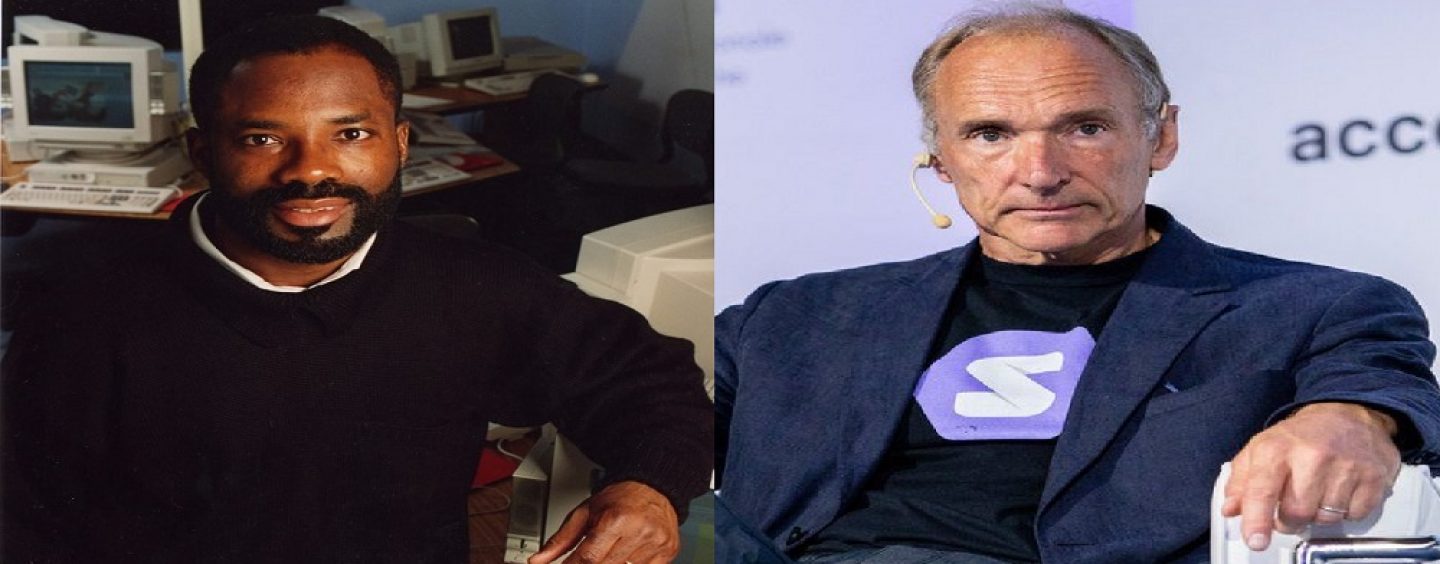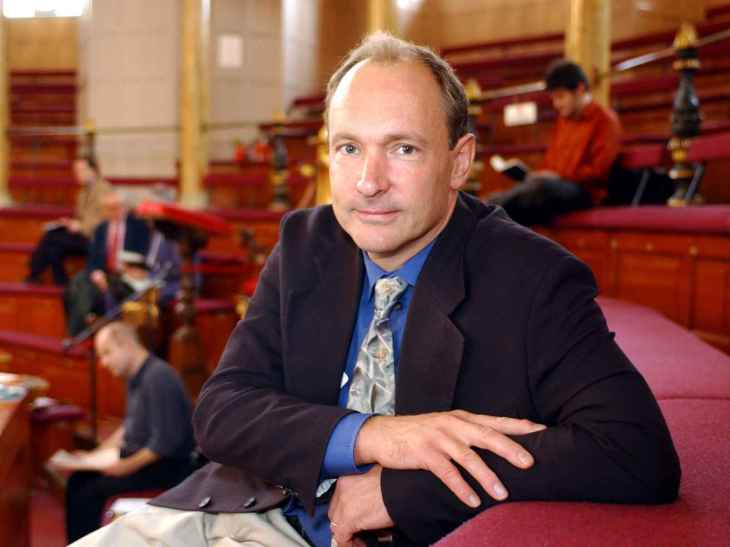
Who Invented The Internet For Real? This Black Man Or Was The Credit Stolen By This White Man? (Video)
by Tj Sotomayor August 6, 2021 0 commentsAre These The Facts?
By: Tommy “Tj” Sotomayor
A black dude called into my show and told me how I was wrong for believing that a white man had invented the internet!
As you might expect for a technology so expansive and ever-changing, it is impossible to credit the invention of the internet to a single person. The internet was the work of dozens of pioneering scientists, programmers and engineers who each developed new features and technologies that eventually merged to become the “information superhighway” we know today.
Long before the technology existed to actually build the internet, many scientists had already anticipated the existence of worldwide networks of information. Nikola Tesla toyed with the idea of a “world wireless system” in the early 1900s, and visionary thinkers like Paul Otlet and Vannevar Bush conceived of mechanized, searchable storage systems of books and media in the 1930s and 1940s.
Still, the first practical schematics for the internet would not arrive until the early 1960s, when MIT’s J.C.R. Licklider popularized the idea of an “Intergalactic Network” of computers. Shortly thereafter, computer scientists developed the concept of “packet switching,” a method for effectively transmitting electronic data that would later become one of the major building blocks of the internet.
The first workable prototype of the Internet came in the late 1960s with the creation of ARPANET, or the Advanced Research Projects Agency Network. Originally funded by the U.S. Department of Defense, ARPANET used packet switching to allow multiple computers to communicate on a single network.
On October 29, 1969, ARPAnet delivered its first message: a “node-to-node” communication from one computer to another. (The first computer was located in a research lab at UCLA and the second was at Stanford; each one was the size of a small house.) The message—“LOGIN”—was short and simple, but it crashed the fledgling ARPA network anyway: The Stanford computer only received the note’s first two letters.
The technology continued to grow in the 1970s after scientists Robert Kahn and Vinton Cerf developed Transmission Control Protocol and Internet Protocol, or TCP/IP, a communications model that set standards for how data could be transmitted between multiple networks.
ARPANET adopted TCP/IP on January 1, 1983, and from there researchers began to assemble the “network of networks” that became the modern Internet. The online world then took on a more recognizable form in 1990, when computer scientist Tim Berners-Lee invented the World Wide Web. While it’s often confused with the internet itself, the web is actually just the most common means of accessing data online in the form of websites and hyperlinks.
The web helped popularize the internet among the public, and served as a crucial step in developing the vast trove of information that most of us now access on a daily basis.
More ON Tim & Winning The Nobel Peace Prize
Tim Berners-Lee, inventor of the world wide web, wins ‘computing’s Nobel Prize’

Image Credits: Knight Foundation (opens in a new window)/ Flickr (opens in a new window)under a CC BY-SA 2.0 (opens in a new window)license. (Image has been modified)
Tim Berners-Lee, the man credited with inventing the world wide web, has been honored with the 2016 Turing Award.
The award, which is often referred to as the Nobel Prize for the computing industry, is present annually by the Association for Computing Machinery (ACM) to an individual who made “major contributions of lasting importance to computing.” It is named in honor of British mathematician and scientist Alan Turing and backed by a $1 million prize courtesy of Google.
Britain-born Berners-Lee, who was honored with a knighthood in 2003, pioneered the web in 1989 while working at CERN, the European Organization for Nuclear Research, as a way to allow scientists across the world to share information. His credits include the creation of a naming scheme (URIs), a communications protocol (HTTP) and a language for webpages (HTML). In addition, he coded the first browser using open-source — that helped develop early browsers like Mosaic which popularized the web beyond the world of academia.
“The first-ever World Wide Web site went online in 1991. Although this doesn’t seem that long ago, it is hard to imagine the world before Sir Tim Berners-Lee’s invention,” ACM President Vicki L. Hanson said in a statement.
“In many ways, the colossal impact of the World Wide Web is obvious. Many people, however, may not fully appreciate the underlying technical contributions that make the Web possible. Sir Tim Berners-Lee not only developed the key components, such as URIs and web browsers that allow us to use the Web, but offered a coherent vision of how each of these elements would work together as part of an integrated whole,” Hanson added.
The award will presented to Berners-Lee, who is founder of the World Wide Web Consortium (W3C) and the World Wide Web Foundation, at the ACM’s annual banquet in San Francisco on June 24.
“I’m humbled to receive the namesake award of a computing pioneer who showed that what a programmer could do with a computer is limited only by the programmer themselves,” Berners-Lee told MIT, where he is a senior researcher and holder of the founders chair at the Computer Science and Artificial Intelligence Laboratory (CSAIL).
Vint Cerf and Bob Kahn, known as ‘Fathers of the Internet’ for their creation of the TCP/IP protocol, are among previous recipients of the Turing Award, which was first awarded in 1966.
Despite the scale of the web today doing undoubted good in the world, Berners-Lee has his concerns for the future. In an interview with the BBC, he was critical of UK government’s push to weaken encryption to battle terrorism, U.S. legislation that could allow ISPs to sell user browser histories, and the FCC Chairman’s pledge to roll back net neutrality regulations.






No Comments so far
Jump into a conversationNo Comments Yet!
You can be the one to start a conversation.Only registered users can comment.